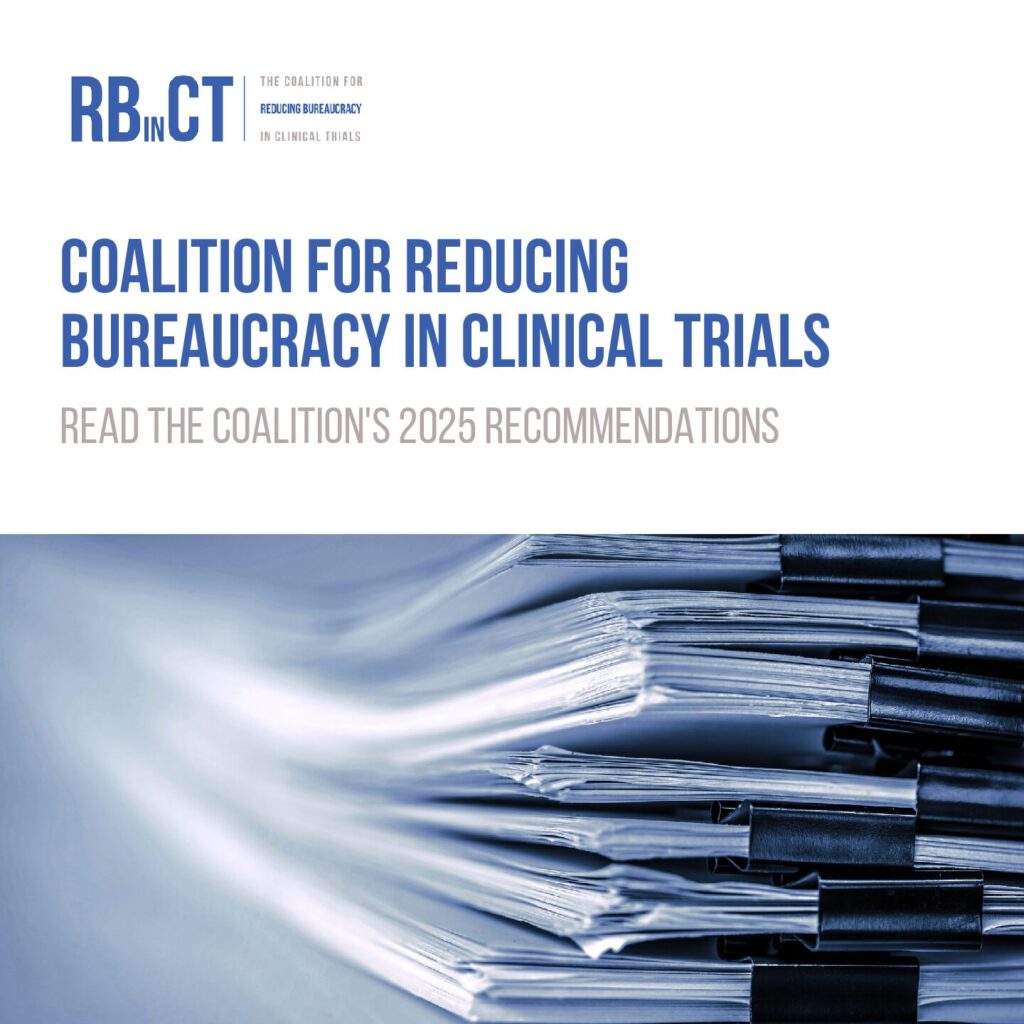Share this Page:
A recent study published in Blood has suggested that cancer patients who are being treated with immunotherapy, in particular immune checkpoint inhibitors are at high risk for blood clots (thromboembolism), especially blood clots in veins (venous thromboembolism). Although, the study does not show a causal link between immune checkpoint inhibitor therapy and blood clots.
The study included 672 cancer patients treated with immune checkpoint inhibitors at the Medical University of Vienna from 2015 to 2018.
There were 47 blood clots in veins (12.6%) and nine in arteries (1.8%) during an average follow-up time of 8.5 months. A history of blood clots predicted further blood clots and there was a no association between distant metastases and the risk of blood clots. The rates of blood clots were similar between tumour types and immune checkpoint inhibitors.
“The results underscore the negative impact of venous and arterial thromboembolism on the clinical course of cancer patients,” said the researchers. “This study fails to determine whether the high risk of thromboembolism that has been observed has a causal link with immune-checkpoint-inhibitor therapy or merely reflects the underlying basic risk in this patient group.”














